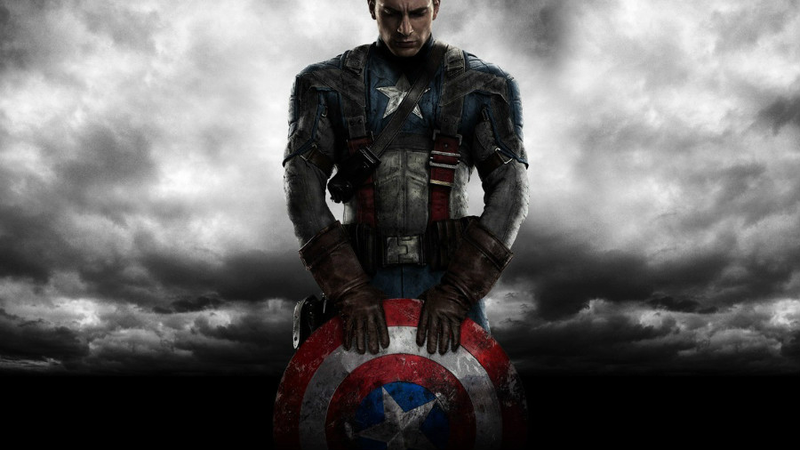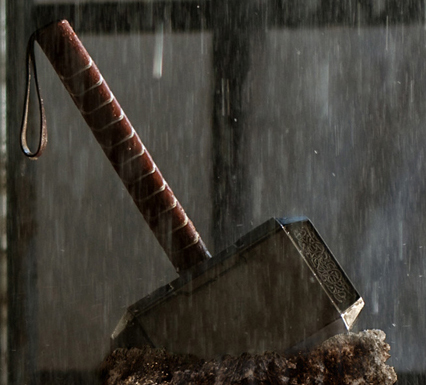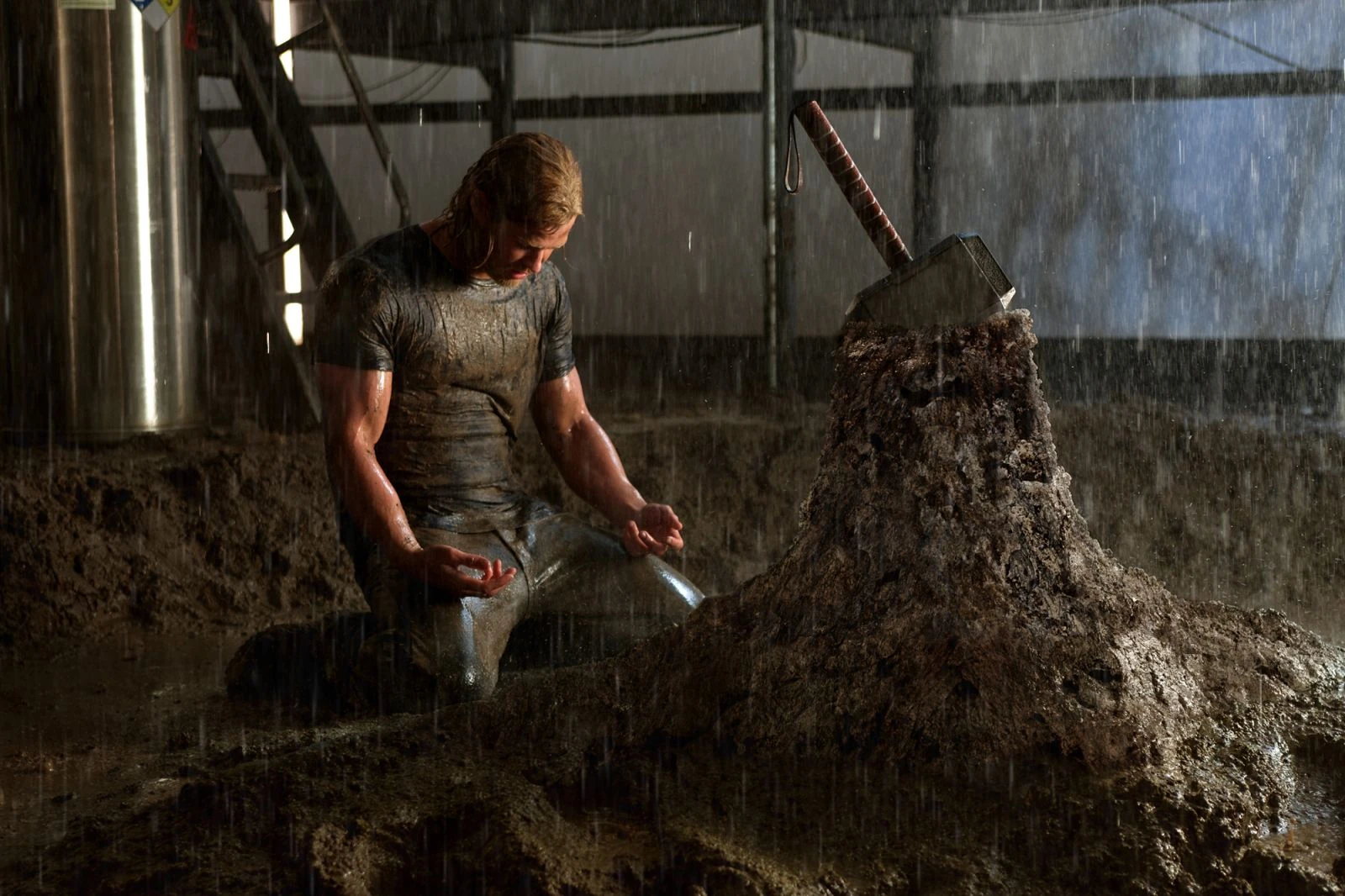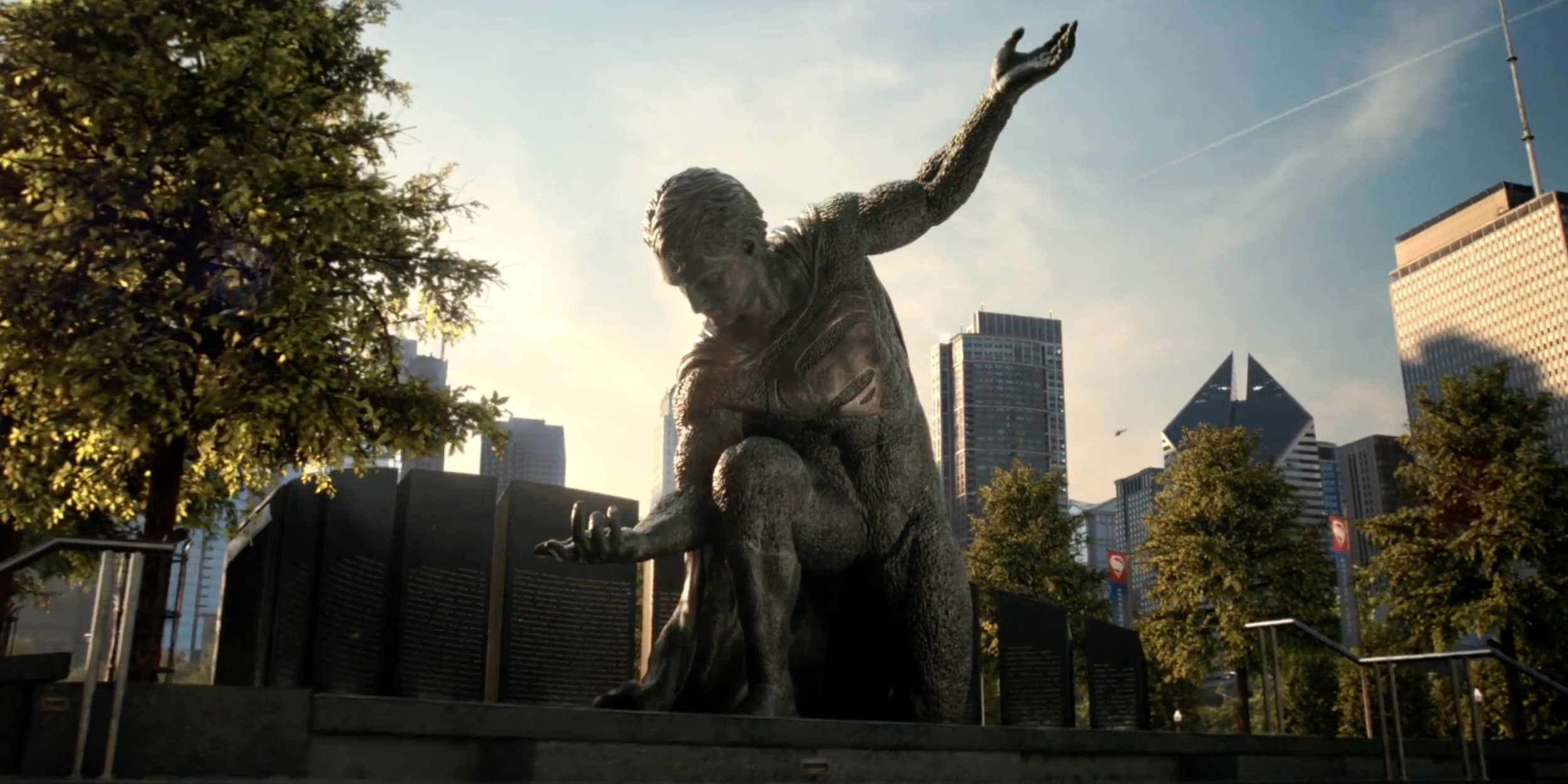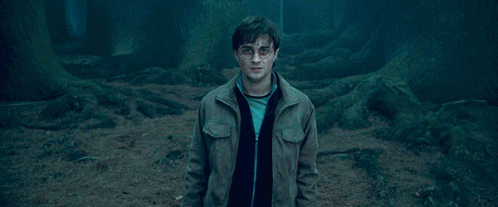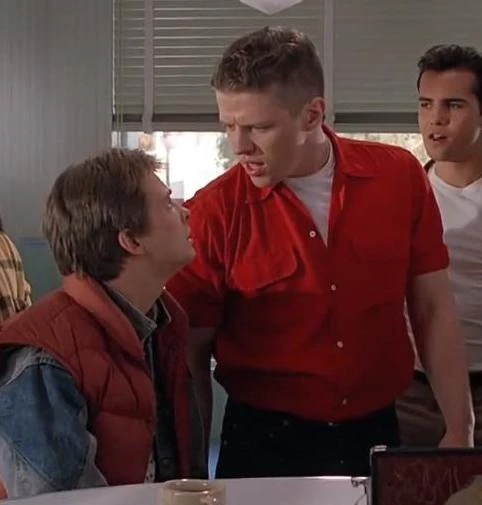Steve Rogers was born on July 4th, 1918. Imagine that! He was born on independence day. This is ironic because the frail child that was born on that day would grow up to inspire thousands as the great Captain America. "From small and simple things proceedeth that which is great." The Lord chooses the weak things in the world to thrash the nations by the power of his Spirit. The similarities are uncanny with Captain Rogers even though the writers likely never knew it.
His parents died. His father in the first world war, and his mother died of tuberculosis soon after. Orphaned and alone, he felt weaker than ever before, but rather than breaking under the crushing weight of all that was crashing on top of him, he decided that he was strong enough to deal with anything that came his way. He just willed himself to never give in to the darkness. So he attempted to close himself off to the world, believing that he didn't need anyone's help. Pride is one of his only undesirable qualities, though he is far from alone in that. Some measure of it is embedded in every red blooded American.
Steve of course, wasn't alone. Bucky Barnes was with him every step of the way. He wouldn't let Steve do the lone gunslinger act. He let him know that he didn't have to. "I'm with you till the end of the line pal." he would say.
It was a friendship that would grow to define the both of them. A brotherhood that would shake the very foundations of the world, through no intention of their own. He found in Bucky someone he could count on.
I say that Steve was a frail child not because of the condition that all infants find themselves in when they are born, but because he was a sickly child, and he never got better. He was always frail, at least on the outside. But his parents left behind an example and a legacy that Steve felt he had a duty to fulfill. He felt he had a duty to his country. He likely felt that his life wasn't worth much, but if he could just do this thing, saving his country, or more likely one of his fellow soldiers, that his life would be worth it.
He was always reckless. He would not stand for bullying, belittling or anything similar. He would not run away. It didn't matter to him how much he got beat up. He would always get back up. Is it any surprise that Bucky was so protective of him. This guy would pick fights with people twice his size, fights he was doomed to lose. In his first movie, Steve relates the many places he had been beaten up. When asked about it he would say, "If you start running they will never let you stop."
He tried over and over to get into the army, but his country would not let him serve. He even lied on his enlistment form over and over. He isn't an idiot. He knows that he is probably not coming back from such a fight. But he wants it desperately. Especially when his friend gets sent to the front lines.
A scientist saw goodness in the man and gave him the chance that he needed. He became a super soldier, the first super hero. Hearing his friend was in danger, he went alone behind enemy lines to rescue him and hundreds of prisoners of war.
After the loss of Bucky Barnes, and believing it was his fault, Steve led a reckless attack against the heart of the Nazi's science division, Hydra. Fighting with their leader on a ship ready to destroy the eastern seaboard, Captain America destabilized the core of the ship, an ancient artifact of infinite energy, which killed the leader of Hydra in the process.
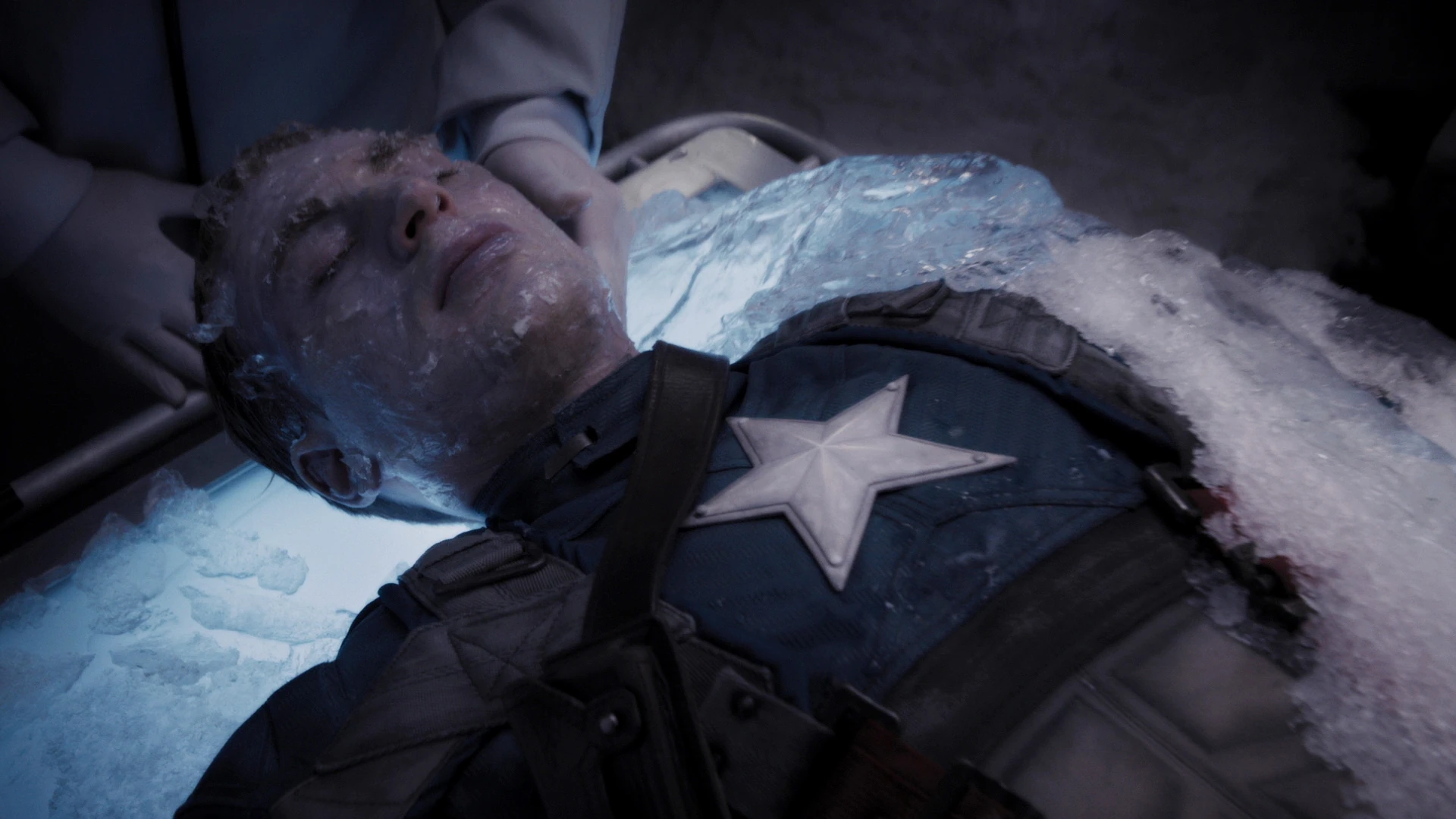 |
| Cap being defrosted after being found in the ice. |
Steve Rogers was left with a choice. There he was in mid flight in a death machine that could kill millions if it were allowed to reach it's destination. He chose to die with the ship. He pointed it towards the ground in the arctic. He could have landed it safely. There was time to avert such a disaster. He decided his war was over, that he had defeated Hydra, that the only lose end he had was the woman he had left behind. He was okay with ending it here. He told himself he couldn't risk any kind of safe landing with this ship. So he dived.
The Captain was frozen in ice when he was found seventy years later. He was not found in a sitting position. He was found lying peacefully on his back. One could infer that he was awake after the crash and just decided to lay down in this water. He welcomed death.
What he didn't count on was opening his eyes and seeing the inside of a room in New York. He knew everything was wrong so quickly because he chose to die. He didn't intend to be found. Yet here he was awake. He charged out and found he was a man out of time.
He struggled to find something to live for. This is a man who doesn't want to live, but will not take his life. This leaves him as a man who can't live without a war. He craves a heroic end. He wakes up only to find that in every way, his sacrifice was in vain. He had just neutralized the problem of the power source called the Tesseract, only to find that it is once again a problem and with his own country this time. Is it any wonder that he comes across as a grumpy old man in the Avengers?
He watched as his own nation ordered a nuclear strike against New York City. He discovered that the Nazi death cult lived on in a system he had been working for for a couple years. He lost faith in people giving him orders. He found that his enemies were in the very country that he wore the colors of on his chest.
However, he found a reason to live. Bucky Barnes was alive. Broken, yes, but alive. He fought to destroy his enemies from the past, but his best friend, controlled, stood in his way. Cap did what he had to to secure freedom for his country, but after that. Captain Rogers did something he had never done before. He refused to fight. He dropped his shield into the Patomic. He would not fight Bucky. And this was enough to help his friend win the fight for his mind.
Once again Steve was willing to die, Bucky saved his life, dragging his lifeless body from the wreckage.
Now we come to Civil War. We come to the reason why Captain America is still a hero after the events of that movie. The world is fed up with these Avengers leaving wreckage in their wake after they save the world. The UN wants to tell them what to do, where to go, and when. Captain America has seen what becomes of trusting in his elected officials who are so mired in corruption that it isn't the America he grew up with. And more veterans of that war would turn their back on what the country has become than you might realize. But he doesn't. He just decided that he will do what he knows is right. No listening to the whims of politicians. He had his share of being treated like a dancing monkey. So he will not sign on.
Then the UN tries to make Bucky their scapegoat. If they wanted Captain America to stand against them, that was the way to do it. It was perhaps the most inflammatory act of his life to stand between the world and his friend. But ask yourself, would he be a hero if he didn't? Would he be a hero if he took the easy path and let them kill his friend? Is that the kind of justice that we stand for in America? So he did what many saw as stupid and off the reservation. But no matter who was giving the orders. It was wrong. So Steve, being every bit the legend he is made out to be will not move. Not even if the order comes from his friends.
By the end, he even has the support of Iron Man who had been hunting him from the beginning of the accords.
But Steve made a mistake. He knew information that implicated his friend in the deaths of Tony Stark's parents. He didn't share it. It was really Hydra that did it, but Steve feared that it would send Tony on a war path if he told him, and he couldn't risk Bucky's safety, not now that he is the only thing left of his past, and a man who had given his life to save him.
This of course, did send Tony on a completely understandable warpath when he found out. It fractured the Avengers, and two friends at the core. After defending Bucky, and neutralizing the great Iron Man, Tony began saying that Steve was not worthy to be Captain America, that the shield didn't belong to him. And Steve had the strength of character, not only to give up the heroic mantel for Tony, but also was big enough to apologize over a letter for hurting him.
Is there any selfishness there? He gives everything he has. Can anything more be asked of anyone?
So I leave you to decide. A man who values his life as nothing and always thinks of others, never asking to be thanked, and always choosing what he believes to be right, no matter who is ordering against him. A man who admits when he is wrong.
Steven Rogers, hero, or villain?
